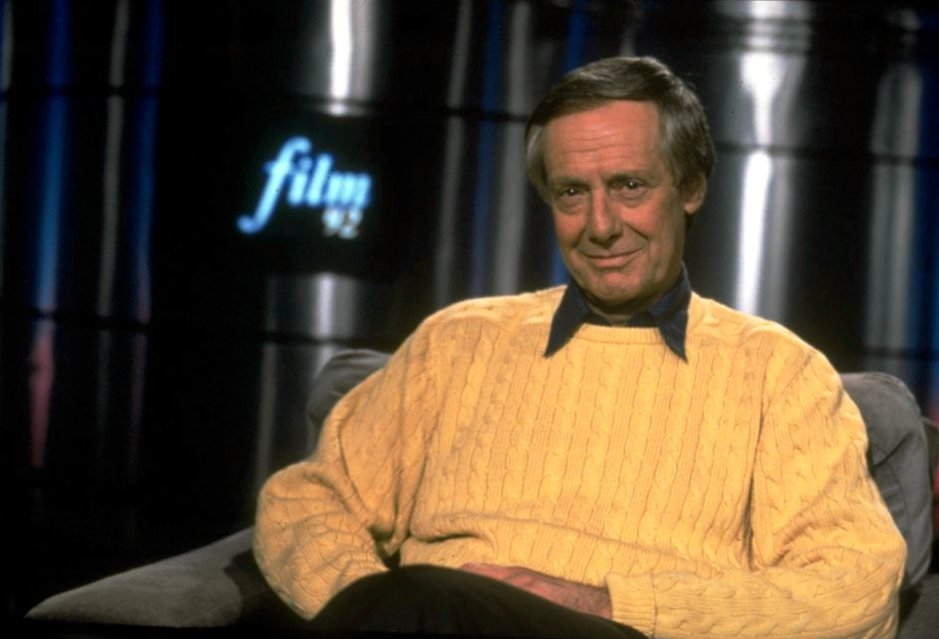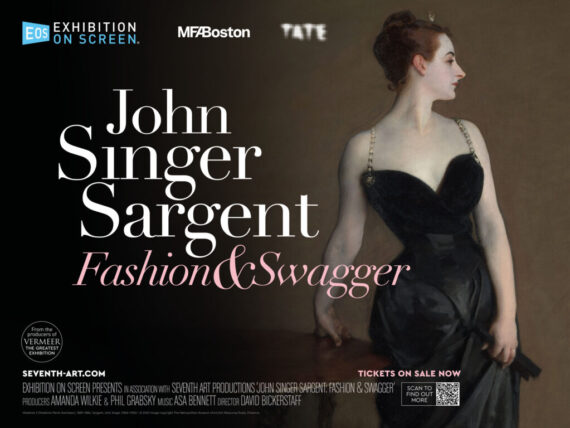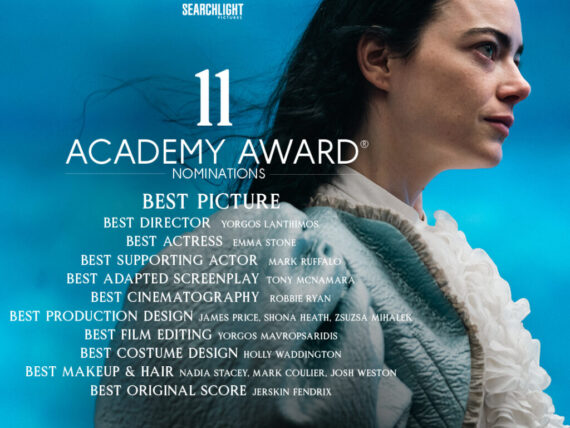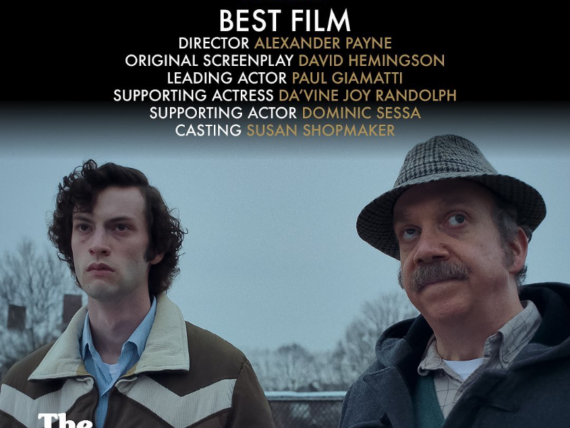Barry Norman was the most popular and best recognised film reviewer on British TV for more than two decades. Here’s regular reviewer Nigel Watson’s tribute to him.
It all began when the BBC created a film review show called Film 71, which offered the chance for new faces on TV to pontificate on the latest movies.
In 1972 Iain Johnson asked Barry to present the programme for a few weeks, and in 1973 he became the sole presenter of Film 73 (and he continued in this role right up to Film 98). Originally this was just screened in the London region but when it went nationwide it made Barry a household name in the UK.
In his autobiography And Why Not? Barry tells in frank detail how his mother indulged in acts of petty larceny, the horrors of his mother-in-law, and his family background in general. Being the son of the famous film director, Leslie Norman, he was realistic enough to know he couldn’t follow in his footsteps. Instead of going to university he worked as a reporter on the Kensington News and went off to work as a journalist for a newspaper group in South Africa.
On his return to Britain he had more knowledge and experience than most universities could offer, and he got a job on the Daily Sketch as a gossip writer. He then established himself as a showbiz editor at the Daily Mail until he was made redundant on Friday, 12 March 1971.
His redundancy had a big impact on him, reflected by the fact that he features this in the preface of his book. Almost to prove he wasn’t washed-up and finished as a writer he got work with the Guardian and The Times and other publications as a freelancer before getting his big break on TV.
In his life he met many stars and he thought a good reviewer should regard them as equals, not star-struck autograph hunters as some tend to be. He revealed how he had arguments and nearly punch-ups with John Wayne and Robert de Niro, how Peter Sellers nearly got him the sack and how he got to sack Michael Winner. There are many other very funny stories of his encounters with stars, including the time when Richard Burton fell asleep as he was interviewing him.
He had a distinct hatred for Margaret Thatcher and all she represents. Her impact on the dumbing down of our culture certainly influenced the running of the BBC and Barry became disillusioned by the way it treated him and his programme. In 1998 he was lured to work for Sky where he made Film Night which was basically the same as Film (insert year) but without the distinctive Billy Taylor theme music.
He mourned the fact that the journalistic capital of Britain, Fleet Street, is no more and that the chance to meet fellow colleagues (often in a pub) became much rarer. Instead he observed that journalists go to the gym and work through lunch nowadays. He also noted that today film reviewers for TV tend to be picked for their good looks rather than for their knowledge of film (there goes my chance of fame and fortune).
As an indication of how ‘reality’ is usually twisted by the media Barry always asserted that he never ever said ‘and why not?’. The catchphrase was invented by the impressionist Rory Bremner, but it stuck to Barry like glue. In another example, Barry’s Film programme always had him seated in a distinctive swivel chair. After he retired from the programme a newspaper presented him with the chair and took pictures of him in it for a story. The only flaw was that Barry had never seen this chair before!
I had the pleasure of meeting Barry at a book launch held at the now defunct Museum of the Moving Image (MOMI) in London, in the early 1990s. I can’t remember what we talked about but he was as friendly and witty as his onscreen persona. Meeting him just underlined that he was the opposite of the stereotypical, snooty academic film reviewer who drops French terminology (like genre and mies-en-scene) into every sentence. And, how many film reviewers have ever gone on to produce their own brand of pickled onions?
Certainly, his reviews were mainly of mainstream films, but a few of the best foreign and independent productions were given a mention when the opportunity arose. I think his reviews were always fair and the show itself usually contained a good mix of location reports and interviews. For me as a viewer he revealed that there was more to cinema than the latest blockbuster.









Comments
Comments are closed.